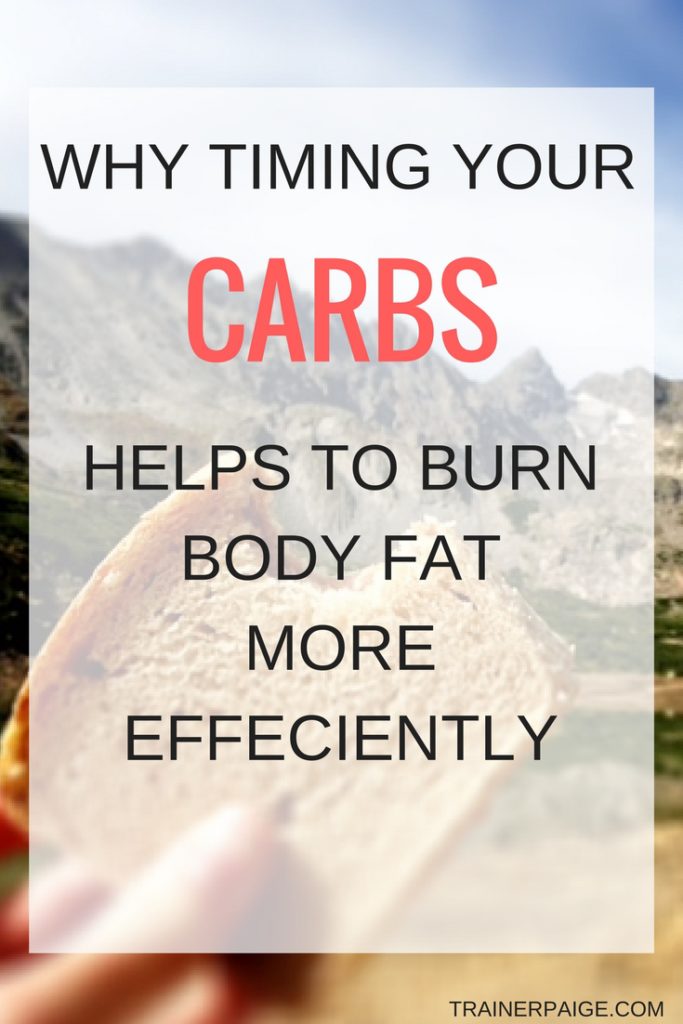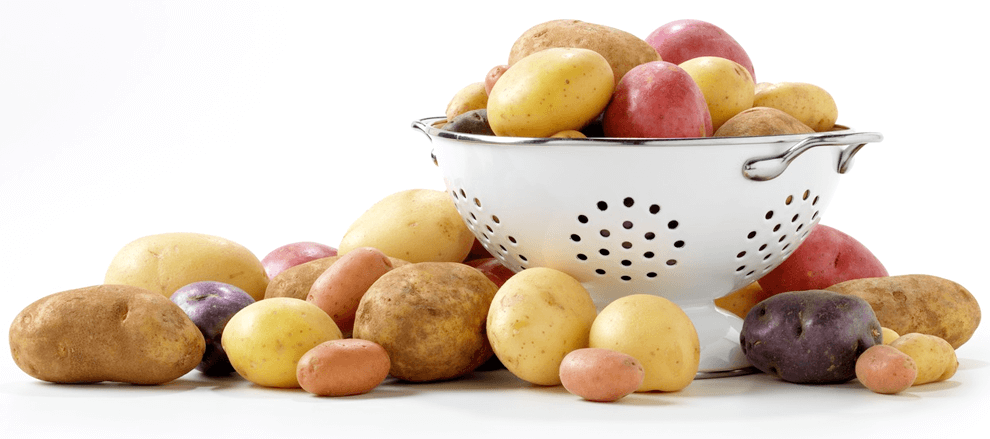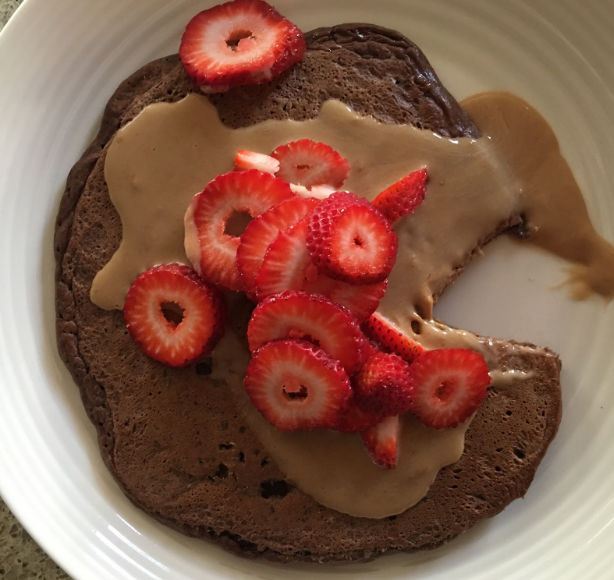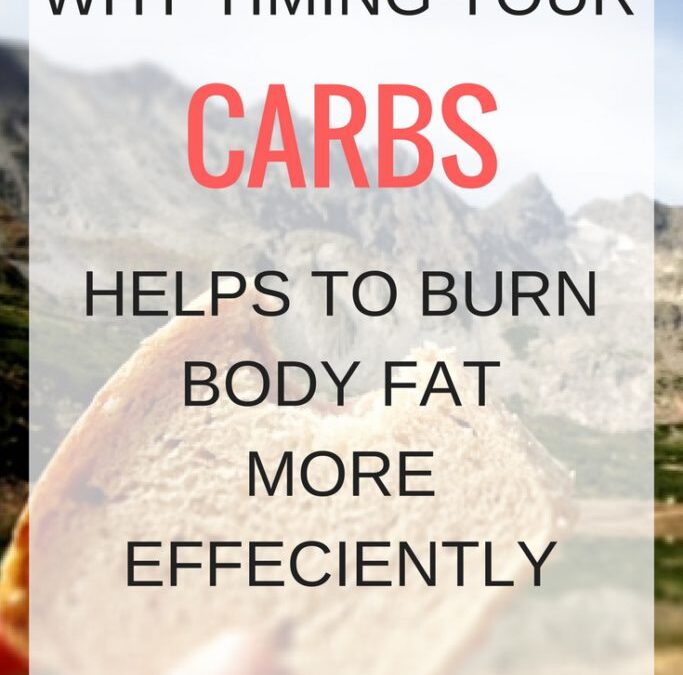Some thoughts and discussions from me.

Good morning, friends! Happy Friday (and St. Patrick’s Day!)
Those of you who are in or have participated in my lean body boot camp, know that nutrient timing is one of the core foundations of the nutritional changes we make in the program.
Manipulating the time of the day we eat protein, fat, and carbs can have a profound effect on how you feel, your energy, and your results.
Today I’d like to zero in on carbohydrates, and why timing them appropriately and cycling them periodically helps to burn bodyfat — and build muscle — more efficiently.
Why Timing your Carbs Helps Burn Bodyfat More Efficiently
First let’s talk carbohydrate timing throughout the day.

Carbohydrate timing is simply changing the time of day that you eat carbohydrates in order to feel fuller, more energized, and see better results.
For example, let’s take the post-workout meal. This is a perfect time to add a carbohydrate to your day.
During training, our muscle become depleted of glycogen, inflammation occurs, and cortisol increases. This is all a perfectly proper response to an intense training session.
When you eat carbohydrates, your body experiences an increase of insulin. Insulin gets a bad rap but as long as our system is sensitive to insulin, eating carbohydrates and surging insulin at specific times – one of those being post-workout – can help to build muscle and burn fat more effectively.

These spikes of insulin bring glycogen and amino acids to the muscle after your workout, helping it to recover and rebuild. Eating carbs after your training also helps to decrease cortisol, which was increased from training. This also, in turn, helps your workout performance to be high.
Nearly all of my clients eat a carbohydrate, combined with other certain amounts of protein and fat (or lack thereof) after a tough strength workout (unless in a carb depletion phase.)
This is one time during the day where eating carbohydrates can be beneficial to fat loss, increasing lean muscle, as well as proper hormone health — and even sleep quality. Cortisol is also highest in the morning, as it’s supposed to be — it’s what wakes us up in the morning. It’s important for our meals to support our natural cirdadian rhythm.
Cycling Carbohydrates Periodically
So, one might deduce that eating a diet with higher carbs helps to build muscle — and that’s true, but only to a certain extent.


Question…what is considered a “high carb diet” — are you thinking this in terms of grams or as a percentage of total calories? For example, if someone generally has their carb intake 35%-50% carbs…? Thanks.
As with most things…it depends 🙂 Grams and percentage goes hand in hand, but lean body mass has a fairly big say in what’s considered “high carb” or “low carb,” but in general, during low carb phases, this is total carbs around 20% or less.